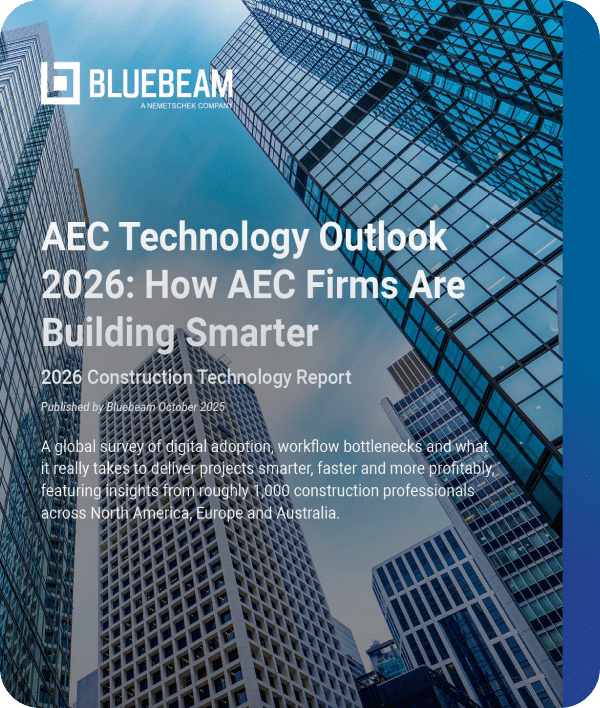With the state of emergency surrounding COVID-19, also known as the coronavirus, states are deciding what businesses count as “essential,” meaning they are allowed to carry on during states’ stay-at-home orders.
Considered a business critical to maintaining infrastructure, construction has been ruled essential via executive order in a number of U.S. states.
Alabama has declared all types of construction work critical, including work on “commercial, office and institutional buildings.” Other states following a blanket policy of recognizing construction work as critical include:
| Connecticut Delaware Hawaii Kentucky Maryland Massachusetts | Minnesota Mississippi Montana Nebraska Nevada New Hampshire | New Mexico North Carolina Tennessee Texas Utah Arizona |
In Maine, Portland mayor Kate Snyder said, “Only existing or ongoing construction projects may continue,” placing the future of the construction industry in the city in doubt as projects begin wrapping up. New Jersey, Oregon and Rhode Island have placed no restrictions on non-retail businesses.
Washington’s Jay Inslee and New York’s Andrew Cuomo called for the shutdown of all “non-essential” construction projects. Essential projects include:
- Roads
- Bridges
- Transit facilities
- Utilities
- Hospitals
- Health care facilities
- Affordable housing
- Homeless shelters
Housing is a common concern. Colorado places a particular emphasis on “housing and housing for low-income and vulnerable people,” whereas California’s guidelines “exempt activity as needed to maintain continuity of operation of the federal critical infrastructure sectors, critical government services, schools, childcare and construction, including housing construction.
Some states, including Alaska, Florida, Georgia Idaho, Illinois, Indiana, Kansas, Louisiana, Missouri, Ohio, Oklahoma, Vermont, West Virginia and Wisconsin place a special emphasis on operations constructing and maintaining essential infrastructure.
Most of these states are using the definition of “essential infrastructure” as provided by the U.S. Department of Homeland Security, Cybersecurity & Infrastructure Security Agency, which includes everything from critical manufacturing to information technology. Pennsylvania restricts it even further to “emergency repairs and construction of healthcare facilities.”
Some states remain undecided
Arkansas’ Asa Hutchinson, Michigan’s Gretchen Whitmer, North Dakota’s Doug Burgum, Iowa’s Kim Reynolds, South Carolina’s Henry McMaster, South Dakota’s Kristi Noem, Virginia’s Ralph Northam and Wyoming’s Mark Gordon haven’t yet made an official ruling on the essential nature of construction. Experts expect definitive announcements in the coming days.
Urgent questions for the industry
The current state of construction under the COVID-19 emergency raises many critical questions for the industry.
As Slate’s Henry Garber points out, there are a variety of complex reasons construction needs to continue, from concerns about the stability of in-progress structures to the importance of keeping a critical labor force employed.
Still, public opinion is divided. Some experts, such as superintendent James Lang writing in Construction Dive, believe that the industry should be temporarily shut down.
Others, like Politico’s Carla Marinucci and Katy Murphy, say deploying construction workers safely and effectively is critical to America’s response to the virus.
As the situation continues to develop, more states will continue to clarify their policies aimed at keeping the U.S. construction industry safe and thriving for years to come.











